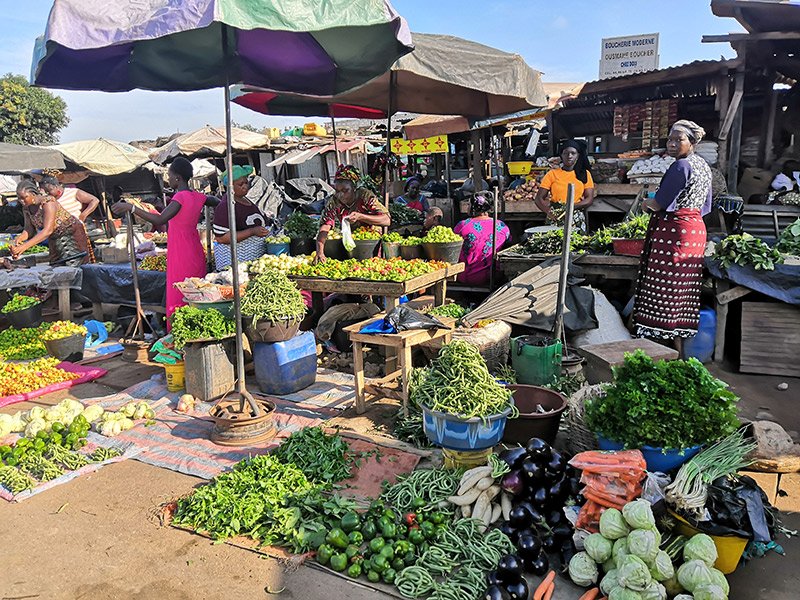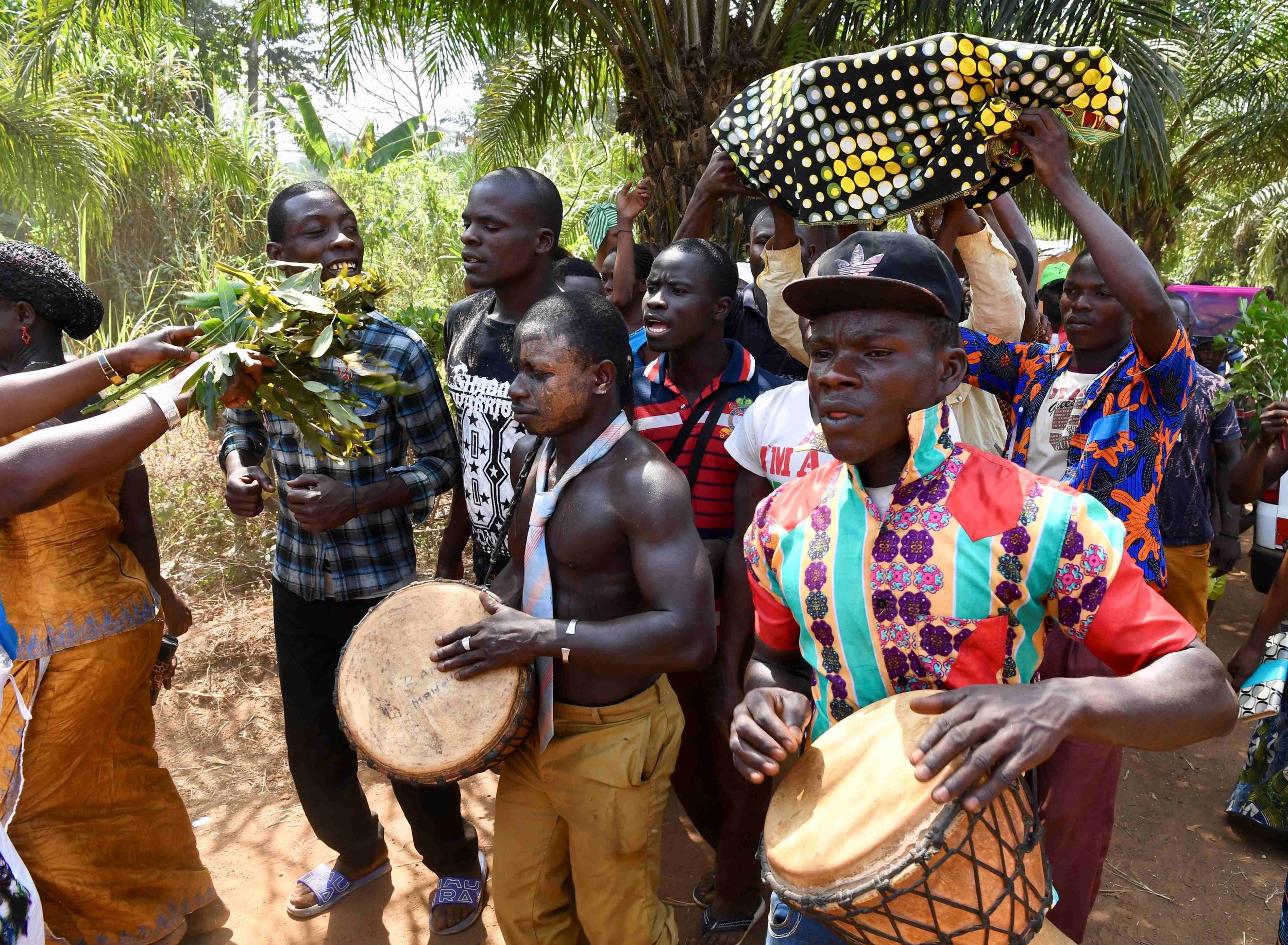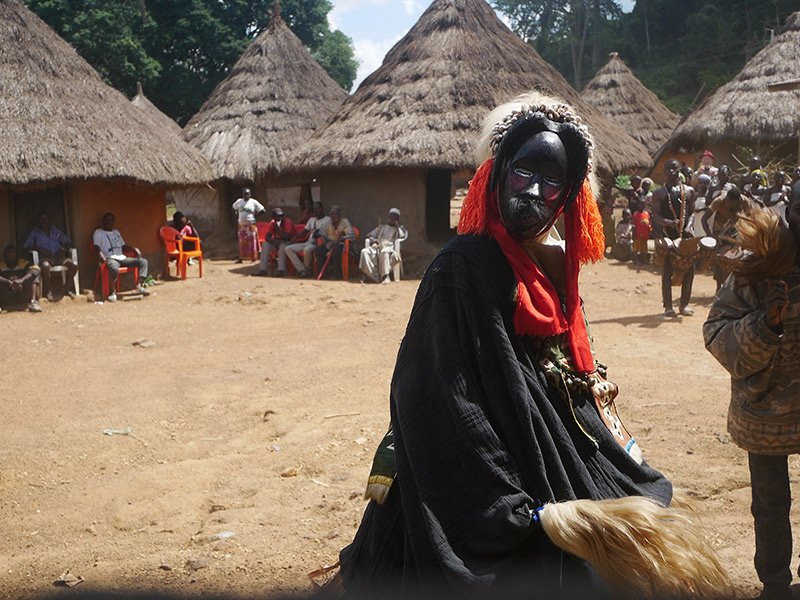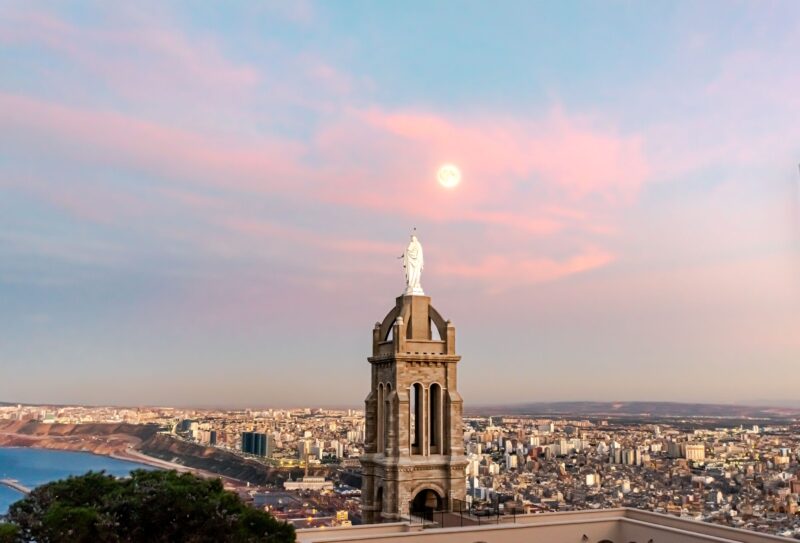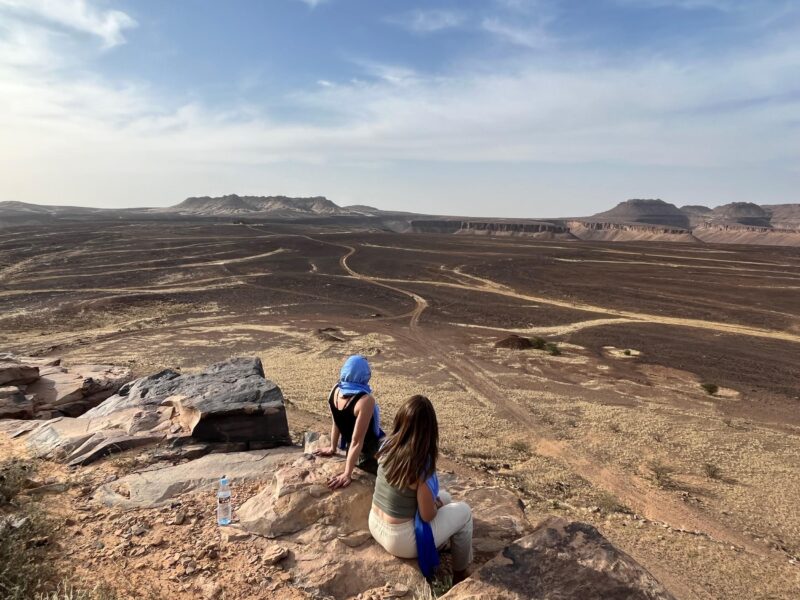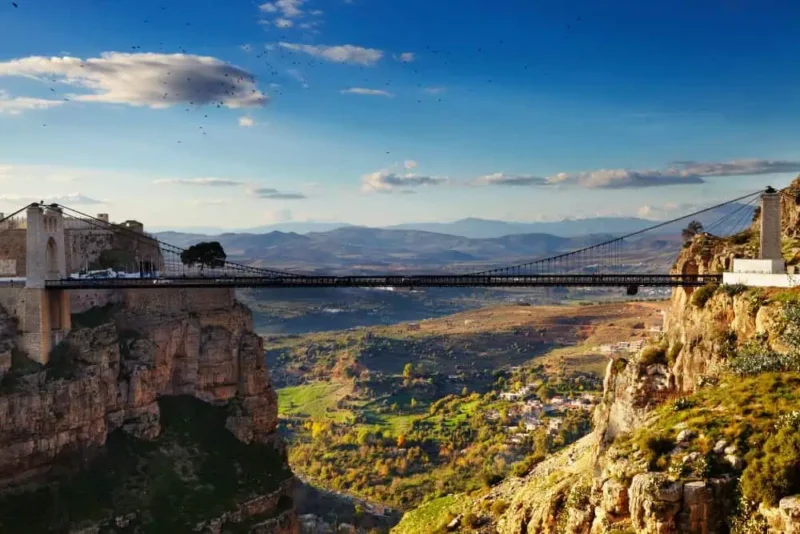| Tour Code | Start | End | Trip Status | Pricing Per person |
|---|---|---|---|---|
| IVC/210326 |
Mar 21, 2026
Saturday |
Apr 02, 2026
Thursday |
Guaranteed |
£3,795.00
Single Room Supplement: £395.00 |
| IVC/241026 |
Oct 24, 2026
Saturday |
Nov 05, 2026
Thursday |
Guaranteed |
£3,795.00
Single Room Supplement: £395.00 |
| IVC/160127 |
Jan 16, 2027
Saturday |
Jan 28, 2027
Thursday |
Guaranteed |
£3,795.00
Single Room Supplement: £395.00 |
| IVC/200327 |
Mar 20, 2027
Saturday |
Apr 01, 2027
Thursday |
Guaranteed |
£3,795.00
Single Room Supplement: £395.00 |
| IVC/231027 |
Oct 23, 2027
Saturday |
Nov 04, 2027
Thursday |
Guaranteed |
£3,795.00
Single Room Supplement: £395.00 |
Ivory Coast Revealed
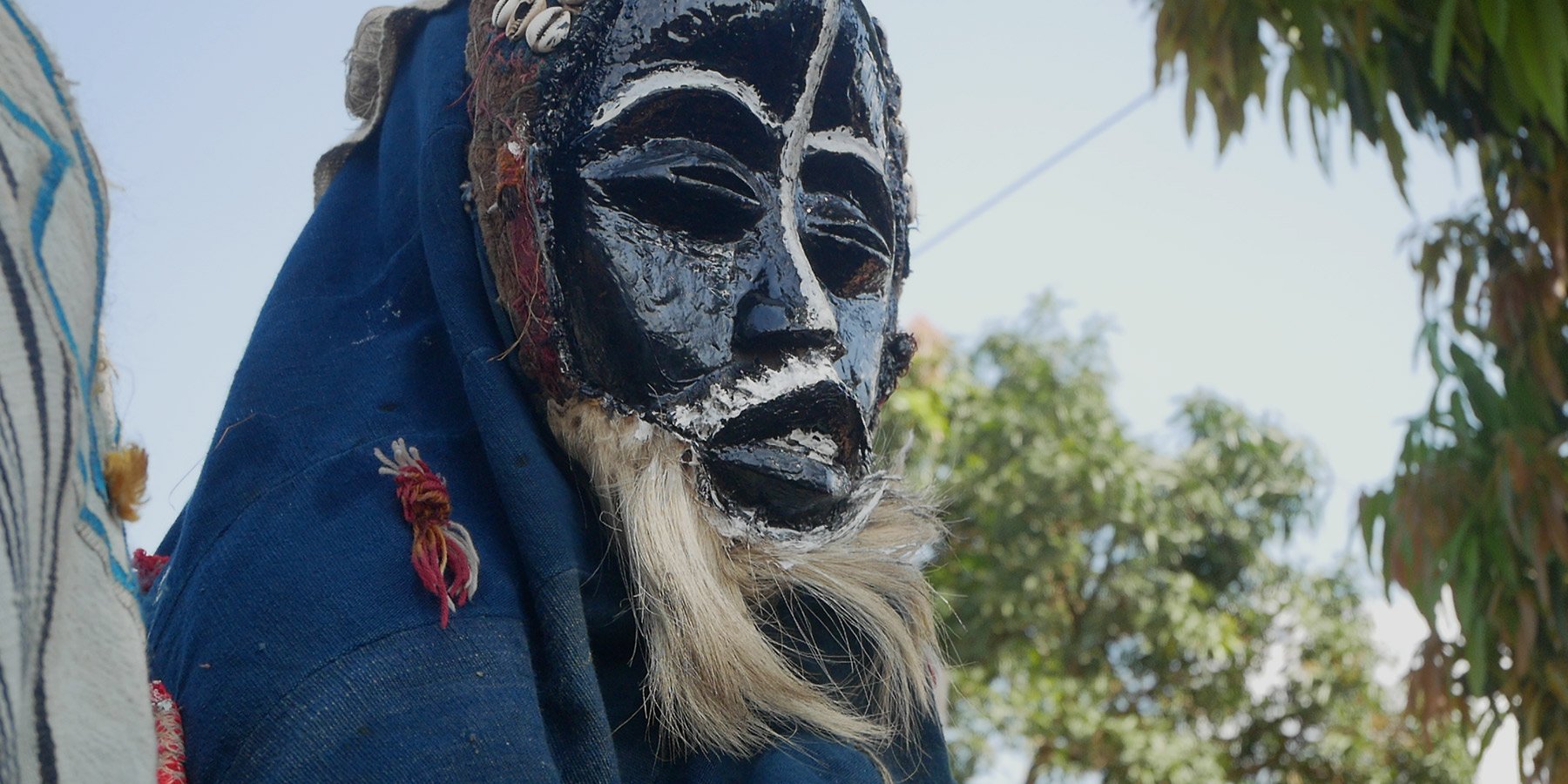
Travel with us to a country with a recent troubled past but is now once again accessible to intrepid travellers who are looking to delve into the amazing diversity of West African culture. On this small group tour we will explore the economic powerhouse of Abidjan before heading out to the west and north of Cote D’Ivoire to spend time with the different ethnic groups of this fascinating country such as the Dan and the Senufo people amongst others. During village visits we will witness colourful tribal festivals, rituals, initiations and mask dances. This is a journey full or surprises to a land that can rightly be considered truly off the beaten track.
Arrival and departure transfers
Overland transport throughout with professional driver
Domestic flight from Man to Abidjan
All accommodation
Services of English-speaking guide / tour leader
Meals as listed, B – Breakfast, L – Lunch, D – Dinner
Entrance fees for sites listed as part of the itinerary
International flights (, contact , us, for expert advice and a quote)
Any airport taxes (except when included from Man to Abidjan)
Travel Insurance
Visa – when required
Drinks
Items of personal nature
Tips (Discretionary)
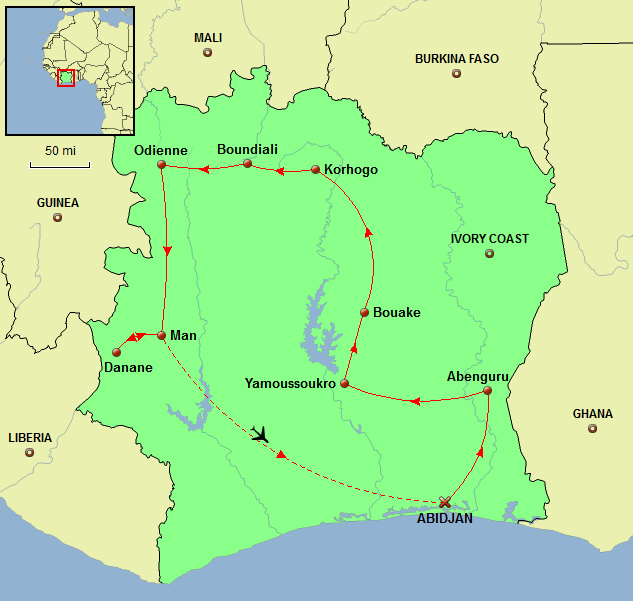
Explore the vibrant cultural mosaic of Côte d’Ivoire on this immersive journey. From the buzzing streets of Abidjan to the sacred rituals of the Anyi monarchy, delve into the heart of West African traditions. Witness the trance-inducing Komian Ghost Dance, marvel at grand structures like Yamoussoukro’s Basilica of Peace, and experience the hypnotic Zaouli and Goli mask dances of the Baulé and Guro peoples. Travel north through savannahs to Korhogo and Boundiali, encountering blacksmiths, beadmakers, and powerful Senufo and Malinké initiation ceremonies. The tour ends with time among the Dan and Guéré, with acrobatic mask dances, liana bridges, and colonial charm in Grand Bassam.
Ivory Coast Unveiled: A Journey Through Rituals, Royalty, and Rare Traditions
Explore a land where kings still rule symbolically, trance ceremonies thrive, and centuries-old traditions guide daily life. A deep dive into Côte d’Ivoire’s living heritage.
From Masked Dances to Sacred Kings: Discover the Cultural Heart of Côte d’Ivoire
Experience the heartbeat of West Africa through sacred dances, royal encounters, and spiritual rituals that reveal the rich cultural identity of this diverse and vibrant nation.
Beyond the Beaten Path: Ancient Crafts and Tribal Mysticism in West Africa
Journey into remote villages where master artisans, blacksmiths, and spirit dancers keep age-old skills and beliefs alive in this rare cultural expedition across Côte d’Ivoire.
Witness the Spirit of West Africa: Trance Ceremonies, Iron Forgeries & Ancestral Arts
From Komian spirit possession to traditional iron smelting, uncover the spiritual and artistic soul of the Ivorian people on this immersive, once-in-a-lifetime adventure.
Traditions in Motion: A Cultural Odyssey Across the Villages and Cities of Côte d’Ivoire
Follow the rhythms of ritual, art, and oral history as you explore cities, savannahs, and sacred spaces where heritage is not preserved—it’s lived, danced, and celebrated.
Download the Information Pack
To download the tour full dossier, which includes a complete day-by-day itinerary breakdown and detailed tour information, fill in the details below.

Foreign Office Travel Warnings Before booking your tour, please familiarise yourself with the country specific information provided by the UK’s Foreign, Commonwealth and Development Office (FCDO) – www.gov.uk/foreign-travel-advice. This includes important information such as latest immigration requirements, and details of any travel advisories. We constantly monitor the advice posted by the FCDO. In particular we will always advise clients of any travel warnings. At present there are no warnings against travel to the parts of Ivory Coast that we visit on this tour. Please feel free to contact us should you have any specific concerns or would like to know in detail what measures are being taken to ensure visits remain trouble free and without incident. It should be noted that this information applies to British citizens. Other nationals are asked to check the current position of their respective government. Visa Information At the time of writing British, US and Australian nationals require a visa for a tourist visit to Ivory Coast. For further details please visit the applicable website shown below. British Nationals – www.gov.uk/foreign-travel-advice US Nationals – travel.state.gov/content/travel/en/international-travel.html Australian Nationals – www.smartraveller.gov.au Other nationals should check the latest requirements with the authorities in their home country, or with the destination’s nearest embassy or consulate. Should you require any documentation to support a visa application, such as a letter of invitation, upon request this will be provided by Undiscovered Destinations after receipt of your balance payment. As it is the travellers’ responsibility to ensure that they meet all entry requirements it is essential that you check the rules and any other conditions at the time of booking and again when making your balance payment. In addition, we would strongly advise that you make a final check around two weeks before your arrival. This is important as requirements can change at short notice. Undiscovered Destinations, when possible, will provide guidance about entry rules, but in the first instance please contact the relevant authorities, including the applicable embassy or consulate for assistance. Passports It is your responsibility to ensure that you are in possession of a full passport, valid for at least six months after the date of return to your country. We strongly advise that your passport contains a minimum of two blank pages, as this may be a requirement of the local immigration authorities. In addition, certain countries will stipulate that the two blank pages are opposite each other. If you are unable to meet these requirements, you may be refused boarding by your airline or denied entry by the immigration authorities. For specific information about the requirements for your destination please check with the country’s embassy or consulate. Alternatively, UK citizens can visit www.gov.uk/foreign-travel-advice. Vaccinations & Protection As with travel to most parts of Africa, we strongly recommend that you contact your doctor’s surgery or a specialist travel clinic for up-to-date information, advice, and the necessary vaccinations. For a visit of less than one month, almost certainly you will be advised to have immunisations against the following: Diphtheria and Tetanus, Hepatitis A, Typhoid, Meningitis. The use of a DEET-containing insect repellent is highly recommended. The legal status and regulation of some medicines prescribed or purchased in your home country can be different in other countries. If you’re travelling with prescription or over-the-counter medicine, read this guidance from NaTHNaC on best practice when travelling with medicines. For further information on the legal status of a specific medicine, you’ll need to contact the embassy, high commission or consulate of the country or territory you’re travelling to. Travel Insurance It is a condition of booking with Undiscovered Destinations that you have adequate valid travel insurance. It is your responsibility to arrange appropriate travel insurance and ensure you have read and understood the full terms and conditions of your travel insurance policy to ensure that you are covered for all activities you intend to undertake whilst on the tour, including all optional activities. Your Insurance Policy must fully cover you for medical expenses (including cover for Covid-19 conditions) and emergency repatriation to your home country and be valid for the entire duration of your holiday. Local Conditions When travelling to our destinations, many of which are underdeveloped and untouristed by mainstream tourism, a good deal of patience and a sense of humour is an important attribute. This will help you to cope with problems such as ageing or poor infrastructure and when maintenance may not be as high as we would always like. The choice of appropriate accommodation in some towns and cities (particularly the smaller places) can be limited, and standards of both service and maintenance can be less than polished. Guides and other service providers in some of our destinations do not always have the decades of collective practice and experience that their counterparts in more developed countries can draw upon. Although we will always try and resolve any issues as quickly as possible, on occasions there may be some shortcomings which no matter how hard we try will be unavoidable.
